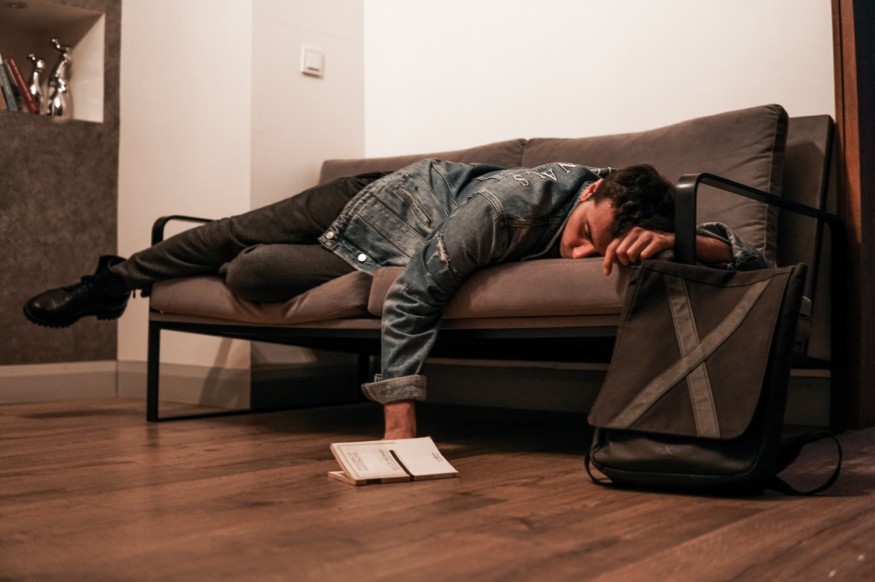Randy Gardner, a 17-year-old from California, did not sleep for 11 days and 25 minutes in 1963 for a high school science fair project, setting the Guinness record for the longest someone has stayed awake.
Others have beaten this record, like Robert McDonald, who spent 18 days and roughly 22 hours without sleeping in 1986, but none were as extensively watched or under the supervision of a doctor as Gardner was. Also, Guinness World Records no longer accepts new applications for this achievement because of the inherent hazards linked with sleep deprivation.

What Happens in the First 24 Hours of No Sleep
According to the Centers for Disease Control and Prevention (CDC), sleep is required for mental, emotional, and physical processes, and lack of sleep may increase the risk of various health issues, including diabetes, heart disease, obesity, and depression.
Experts said that individuals require a steady six to eight hours of sleep per 24 hours. Nonetheless, it is not unusual for people, particularly students, to pull an all-nighter and stay awake for 24 hours.
Dr. Oren Cohen, a sleep medicine resident at Mount Sinai Hospital in New York City, said it could be challenging to discern between sleep and awake at this stage of sleep deprivation. He added that when someone begins to push 24 hours without sleep, their brain activity indicates that they are on the sleep-wake boundary, even though they appear to be awake.
This is known as sleep incursion or micro-sleep, Live Science reports. Individuals who skip hours of sleep may look alert, but their brain enters a type of aberrant sleep, which may involve periods of inattention or delusion.
Dr. Alon Avidan, director of the Sleep Disorders Institute at the University of California, Los Angeles, explained that sleep takes control, and the brain inevitably falls into sleep. That is why he finds it impossible when someone says that they have not slept for weeks, as staying up for more than 24 hours without experiencing these episodes is impossible.
Effects of Prolonged Sleep Deprivation
Sleep deprivation cannot be directly studied, but some people have a rare genetic disease, fatal familial insomnia (FFI). It causes the abnormal protein to accumulate in the brain and worsen when they lack sleep.
Since the aberrant protein accumulates and kills brain cells, their bodies degrade and finally die. The condition kills the majority of patients within 18 months on average.
A 1989 research in rats found that the rodents could only go without sleep for 11 to 32 days before they died. Also, a 2019 human study discovered that participant alertness and attentiveness were reasonably normal up to 16 hours after sleep deprivation. But, after 16 hours, their attention lapses increased dramatically, and the people with chronic insomnia were even worse.
Research from 2000 discovered that staying up for 24 hours affected hand-eye coordination to the same extent as a 0.1% blood alcohol concentration.
According to the Cleveland Clinic, the impacts of 24 hours of sleep deprivation included shortened response time, slurred speech, poor decision-making, lower memory and concentration, irritability, impaired vision, hearing, hand-eye coordination, and tremors.
Sleepless persons may have elevated inflammatory markers in their blood at 36 hours, hormone abnormalities, and reduced metabolism. There has not been much study into what happens after 72 hours. However, people can become anxious, sad, hallucinate, and have difficulty with executive function.
RELATED ARTICLE : Sleep Deprivation: How Good Night's Sleep Affects Your Productivity in Workplace and Your Upcoming Paycheck
Check out more news and information on Sleep in Science Times.
© 2026 ScienceTimes.com All rights reserved. Do not reproduce without permission. The window to the world of Science Times.











